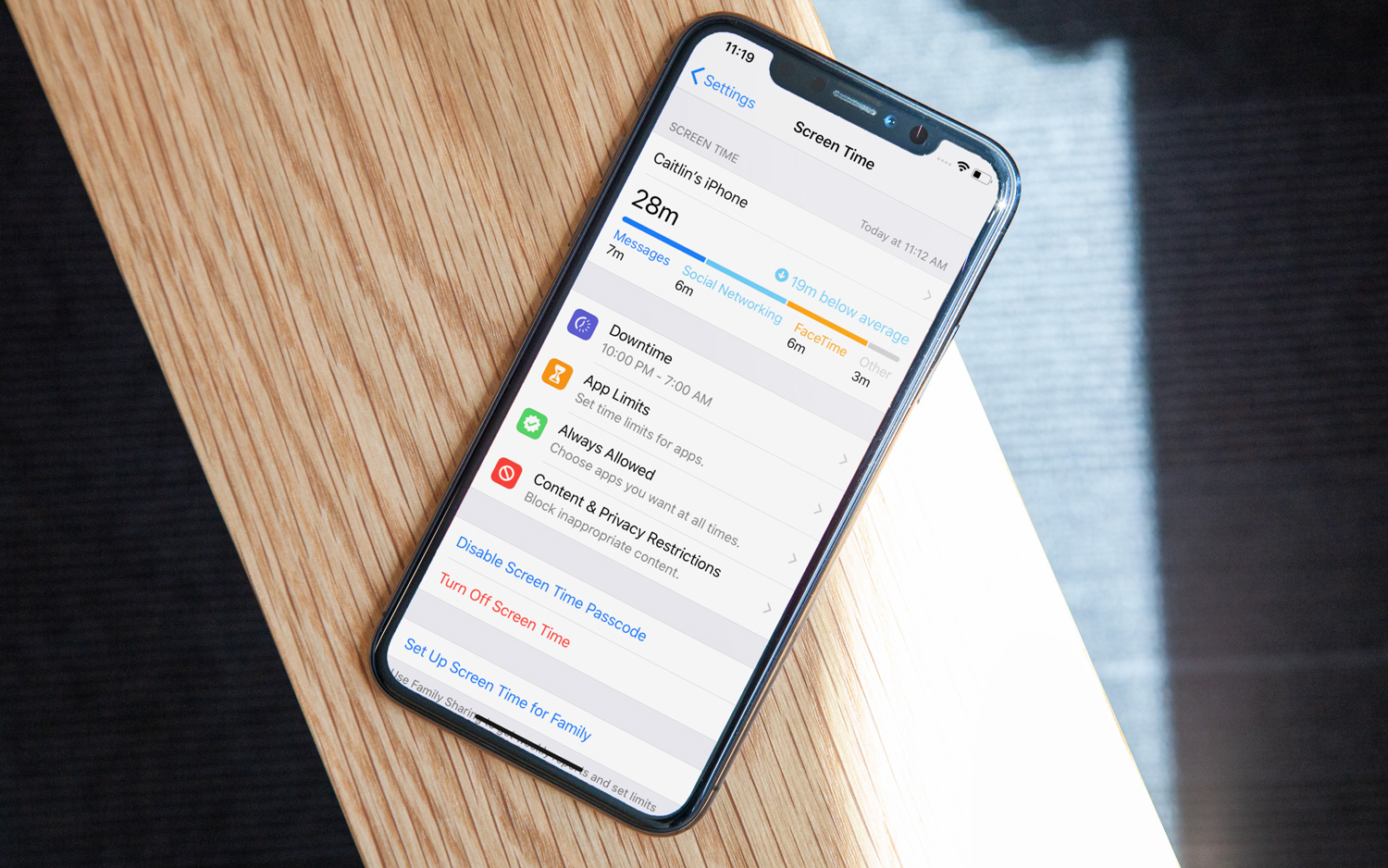Apple May Have Reversed Course on Parental-Control Apps
New developer guidelines may let the apps continue to use the very software Apple said was too risky for consumer use.
You might have expected the feud between Apple and the parental control apps it removed from the App store to have continued for a while, with lengthy negotiations leading to a compromise. But instead, Apple seems to have made a quiet snap decision to go back on almost all of its original claims against the apps.

As reported in the New York Times (via The Verge), on Moday (June 3), Apple updated its terms of service, which now state that parental control apps can use MDM (mobile device management) tools “in limited cases”. This is the same toolset that had originally caused Apple to crack down on the apps.
Tom's Guide has asked Apple for clarification on the issue, and we will update this story when we receive a reply.
This may be a surprising act of submission from Apple. Its original statement, made at the time of the first New York Times article that brought this problem to the attention of the wider public, was pretty clear. According to Apple, these apps were a security risk due to the power they had over a user’s device due to its use of MDM, which it said were only suitable for enterprise usage and not for private users.
The app makers likely did not expect this outcome. It was less than a week ago that they proposed Apple make a custom publicly available API as a compromise. With this Apple-sanctioned toolset, the apps’ unique features would remain intact while the MDM controls that Apple saw as an overreach would no longer need to be used.
And now Apple may have Apple rolled over, although the apps which were fully removed due to non-compliance with Apple’s previous rules will most likely have to reapply for inclusion.
MORE: WWDC 2019 News: iOS 13, Mac Pro, macOS Catalina and More
Sign up to get the BEST of Tom's Guide direct to your inbox.
Get instant access to breaking news, the hottest reviews, great deals and helpful tips.
While this could be written off as coincidence, this comes at a time when Apple is being sued by app developers for running its App Store as a monopoly, exercising too much control over its carefully curated Apple device and software ecosystem. It’s also been recently announced that the U.S. Department of Justice will be conducting antitrust investigations into Apple, predicated on the same reasons.
There was also threatened legal action by two of the parental control apps based in Europe, who had gone to the EU with similar complaints of Apple acting uncompetitively. This was based on the fact that Apple’s decision to go to war with MDM-using apps came shortly after it implemented its own digital wellbeing controls in the form of iOS12’s Screen Time, which the two complainants argued Apple was trying to promote over third-party products.
Drawing a line between these events and the change in Apple’s developer guidelines offers the conclusion that Apple is trying to be more tolerant of the developers using its platform. This would be in order to avoid legal intervention which could result in fines or new legislation unfavorable to Apple, but the current method still lets Apple retain some control thanks to ambiguous wording in the updated rules.
Either way, the app developers are no doubt pleased with, if a little confused by, this new development, which will mean their apps no longer need major structural changes in order to comply with Apple’s guidelines. Although if Apple is genuine about user security, and truly believed that MDM usage was too great a risk for private users, then it’s odd that they didn’t aim for the compromise as proposed by the app makers. Perhaps this will be their long term plan, with the current rule change intended to only be a temporary measure to cool down tempers in the short term.

Richard is based in London, covering news, reviews and how-tos for phones, tablets, gaming, and whatever else people need advice on. Following on from his MA in Magazine Journalism at the University of Sheffield, he's also written for WIRED U.K., The Register and Creative Bloq. When not at work, he's likely thinking about how to brew the perfect cup of specialty coffee.
